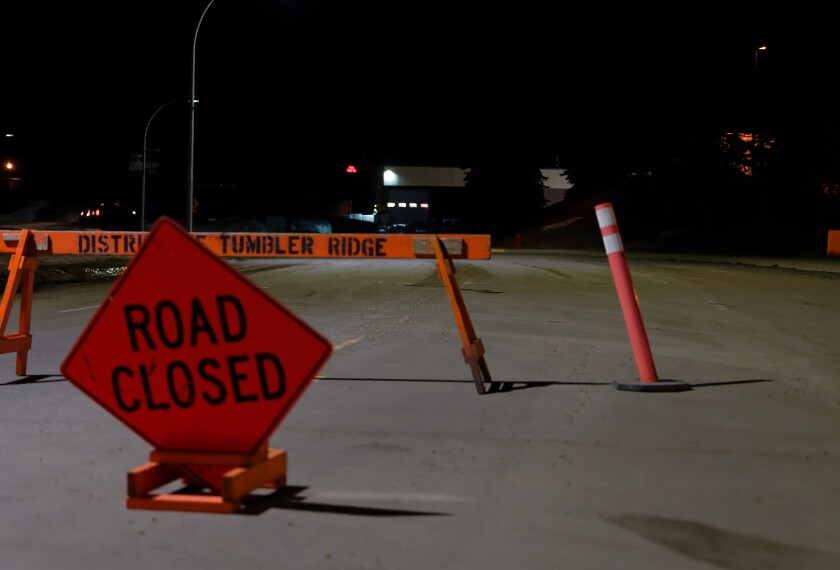The U.S. Supreme Court last week took up what could, potentially, prove a major test involving the rights of children when interacting with the police and other government investigators in schools.
But in oral arguments, the case about whether school interviews of children by child-abuse investigators constitute unreasonable “seizures” under the Fourth Amendment quickly stumbled over procedural issues.
“It just seems like the whole case has evaporated,” Justice Ruth Bader Ginsburg told Oregon Attorney General John R. Kroger early in the March 1 arguments in Camreta v. Greene (Case No. 09-1454). She was referring to the fact that the child in the case, identified as S.G., has not sought money damages from the two investigators who were found to have violated her rights, and that the investigators were granted immunity because the warrant requirement was not clearly established at the time.
The justices spent much of the hour debating whether the appeal presented a live case or controversy, as required by federal law. By the end, the court seemed inclined to throw the appeal out or set aside a federal appeals court decision holding that child-abuse investigators must have a court order or parental permission to interview a child at school about potential sex abuse at home.
Mr. Kroger said setting aside the 2009 ruling by a panel of the U.S. Court of Appeals for the 9th Circuit, in San Francisco, would be acceptable since it would wipe the warrant or parental-consent requirement off the books. He said child-protective workers “face an enormous burden” to establish probable cause to get a warrant before even talking to a child.
The Obama administration was the state’s ally before the high court, with acting Principal Deputy Solicitor General Leondra R. Kruger urging the justices to “correct the mistake the 9th Circuit made in this case.”
She also said that wiping out the 9th Circuit decision would be acceptable, though it would put up a roadblock to the development of clear legal rules that could guide investigators.
Carolyn A. Kubitschek, the lawyer representing S.G. and her mother, said several times that overzealous child-abuse investigations could be harmful to children.
She urged the high court to “tell the officials who investigate child abuse that in the name of protecting children, they do not have free rein to do anything, and everything is appropriate, because what they do harms children.”
In the case from Bend, Ore., 9-year-old S.G. was pulled from her classroom in 2003, taken to a school office, and interviewed by a state child-protective-services caseworker and a deputy sheriff. (“High Court Cases Focus on Police Questionings at School,” Feb. 23, 2011.)
The authorities suspected the girl was being sexually abused at home. After lengthy questioning, the girl told the investigators that she had been touched inappropriately by her father. The girl and her sister were briefly removed from their home, but criminal charges against the father were later dismissed. The father accepted a plea agreement over abuse charges involving another child.
Mother Sues
S.G.’s mother sued not only the investigators who questioned her daughter, but also the Bend-La Pine school district and the school counselor who had removed the girl from class. They were dismissed early in the case. The mother says in court papers that only after two hours of denying any abuse did S.G. tell the investigators what the girl believed they wanted to hear—that her father had touched her improperly.
There seemed to be little sympathy on the court for the idea that the 9th Circuit was right on the merits and that such child-abuse interviews would require a search warrant or parental permission.
“It’s hard to swallow that if a police officer asks a child, ‘Are you being abused?’ and the child says, ‘Yes, I need help,’ it is nearly impossible to think that seizure is unreasonable,” Justice Sonia Sotomayor said.
A decision in the case is expected by June. On March 23, the court will take up another case involving the police and schools. In J.D.B. v. North Carolina (No. 09-11121), the justices will consider whether a student interviewed at school about suspected neighborhood thefts should have been given a Miranda warning.
Opinions Issued
Separately last week, in a case being monitored by the National School Boards Association, the high court made it easier for employees to win discrimination suits based on the “cat’s paw” theory of liability, in which a biased subordinate dupes the decision maker into taking an adverse job action against the subordinate’s target.
In Staub v. Proctor Hospital (No. 09-400), the court ruled 8-0 in favor of a hospital technician and U.S. Army reservist who contends he was dismissed because of anti-military bias among some of his supervisors, even though it was an unbiased hospital official who made the decision.
The NSBA had filed a friend-of-the-court brief on the hospital’s side, warning that a ruling for the worker could expand schools’ liability under a number of federal employment laws.
And in Federal Communications Commission v. AT&T Inc. (No. 09-1279) a case arising from a federal investigation of E-rate services provided to the New London, Conn., school system, the court ruled 8-0 that corporations do not have “personal privacy” rights under the exemption for law-enforcement documents under the Freedom of Information Act. A telecommunications trade group has sought the investigative file against AT&T, which signed a consent decree in the New London case.
Justice Elena Kagan did not participate in either case.





